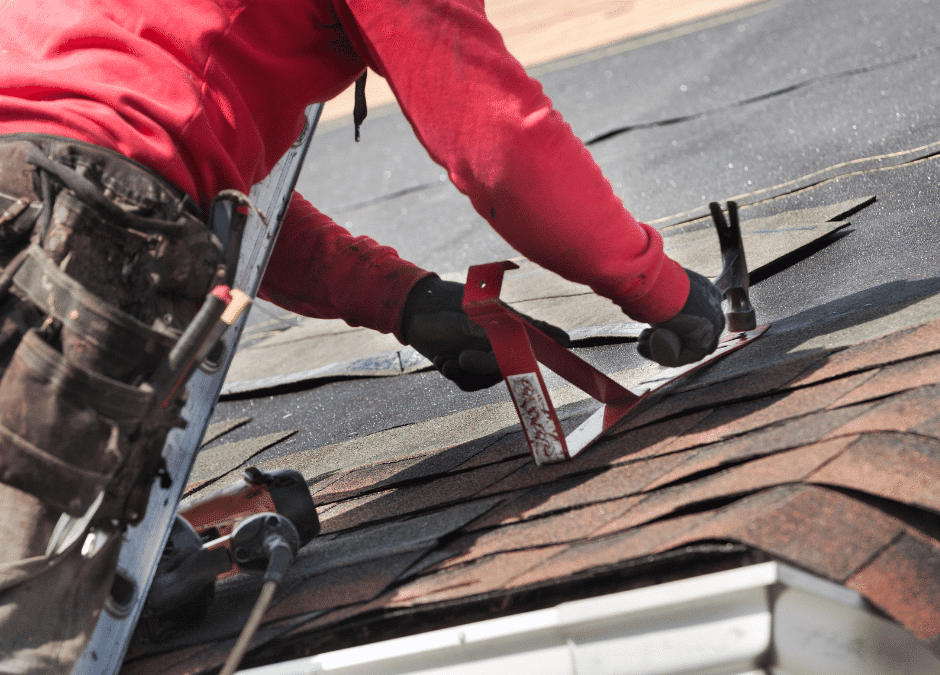Having a healthy home environment is crucial for the well-being of you and your family. One of the major challenges homeowners face is pest infestation. Pests not only cause damage to property but also pose health risks. Thus, implementing effective pest control strategies is essential to maintain a clean and healthy living space. In this article, we will discuss various pest control strategies that can help you achieve a pest-free home.
1. Regular Cleaning and Sanitization
Cleaning your home regularly is the first line of defense against pests. Regularly vacuuming carpets, sweeping floors, and wiping down surfaces help eliminate food particles and potential breeding grounds for pests. Pay special attention to areas such as the kitchen, dining area, and garbage disposal units, as these are common hotspots for pests.
2. Proper Waste Management
Improper waste management can attract pests like ants, flies, and rodents. Ensure you have well-sealed garbage cans and dispose of waste frequently. Additionally, try to keep your outdoor bins away from the house, as they can serve as an invitation for pests to enter your home.
3. Sealing Entry Points
Pests can enter your home through even the tiniest cracks or gaps. Inspect your home for any potential entry points and seal them off. This includes sealing gaps around windows, doors, and utility lines. Installing door sweeps or weather stripping can also prevent pests from sneaking in.
4. Proper Storage of Food
Storing food properly is crucial in deterring pests. Keep pantry staples, such as grains and cereal, in sealed containers. Avoid leaving open food packages or crumbs on countertops. By eliminating easy access to food, you can discourage pests from infiltrating your home.
5. Regular Maintenance and Repairs
Maintaining your home and addressing repairs promptly can prevent pests from finding hiding spots. Keep an eye out for any leaks, water damage, or damaged roof tiles, as these can create ideal conditions for pests to thrive.
6. Natural Pest Repellents
Consider using natural pest repellents as an alternative to chemical-based solutions. Essential oils, such as peppermint or lavender, can help repel insects like ants and mosquitoes. Additionally, planting pest-repellent herbs like basil, mint, and rosemary around your home can provide a natural barrier against pests.
7. Regular Pest Inspections
Even if you haven’t noticed any signs of pests, periodic professional pest inspections are crucial. Pest control experts can identify potential problem areas and take preventive measures before an infestation occurs. They can also provide treatment options tailored to your specific needs.
8. Calling Professional Pest Control Services
If you’re dealing with a severe pest infestation or if your attempts to control pests have been unsuccessful, it is advisable to seek professional help. Pest control professionals have the knowledge, experience, and specialized tools to address pest problems effectively and safely.
Conclusion
By implementing these pest control strategies, you can create a healthy and pest-free home environment. Regular cleaning, proper waste management, sealing entry points, and using natural repellents are effective preventive measures. Remember to conduct regular pest inspections and seek professional assistance when needed. Maintaining a pest-free home will not only protect your property but also ensure the health and well-being of your loved ones.


